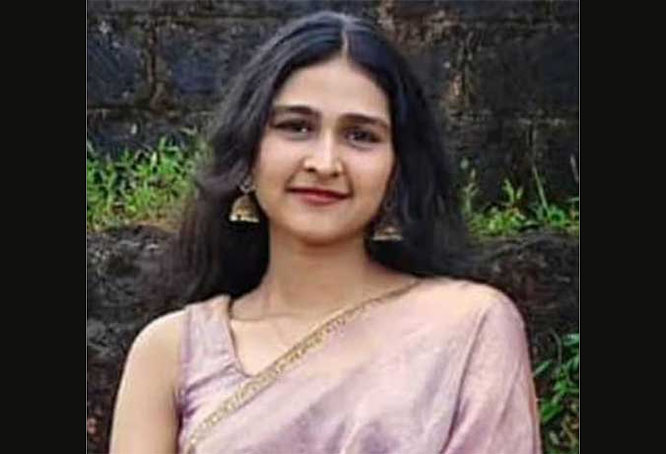
According to a report, American multinational technology conglomerate Meta is restricting the use of the upside-down red triangle emoji, which has become a broader symbol of Palestinian resistance.
Meta is restricting the emoji on its Facebook, Instagram, and WhatsApp platforms, The Intercept reported on Thursday after reviewing internal content moderation materials.
Since the beginning of Israel’s genocidal war on Gaza, the resistance movement Hamas has regularly released footage of its successful strikes on Israeli military positions with red triangles superimposed above targeted soldiers and armor, the report said.
The use of the red triangle emoji has expanded online since October last year, becoming a widely used icon for people expressing their sentiments in favor of Palestine and against Israel.
Social media users use the emoji in their posts, usernames, and profiles as a badge of solidarity and protest against Israel’s crime against Palestinians.
The symbol has become so popular that the Israeli military has used it in its own propaganda.
In November, an Israeli military video that warned “Our triangle is stronger than yours, Abu Obeida,” addressing Hamas’s spokesperson, Al Jazeera reported.
Meta, which owns Facebook and Instagram, has determined that the upside-down triangle emoji is a proxy for support for Hamas, according to internal policy guidelines obtained by The Intercept.
Meta is deleting the triangle that may be followed by further disciplinary action from the company depending on how severely it assesses its use.
According to the policy materials, the ban covers contexts in which Meta decides a “user is clearly posting about the conflict and it is reasonable to read the red triangle as a proxy for Hamas and it is being used to glorify, support or represent Hamas’s violence.”
Israel has killed at least 41,700 Palestinians, mostly women and children, in Gaza since October 2023. In Lebanon, the death toll has risen to more than 1,840 with 8,400 wounded.
The Israeli war machine ignited its genocidal campaign by targeting helpless Palestinians trapped in the Gaza Strip in October.
It was after the Palestinian resistance movement Hamas conducted surprise Operation Al-Aqsa Storm against the occupying entity in response to the regime's decades-long campaign of bloodletting and devastation against the Palestinians.







Comments
Add new comment